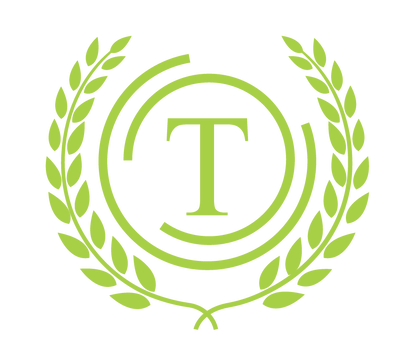Antioxidants, what do they mean to your health?

Antioxidants vs. Free Radicals
Antioxidants are molecules that fight free radicals in your body. Free radicals are compounds that can be harmful if there are too many being produced in the body. They are constantly being formed in your body by a process called oxidation.
To a certain extent, oxidation is a normal and necessary process that takes place in your body to keep it healthy and fight off infections. This is why it's important for your body to maintain a good balance of free radicals and antioxidants.
When there’s an imbalance between free radicals and antioxidants in the body, this may cause oxidative stress. Oxidative stress happens when there are more free radicals present than can be kept in balance by antioxidants. Free radicals can then start doing damage to fatty tissue, DNA, and proteins in your body.
Substances that cause the oxidation process which generate free radicals are in our food, the air, water, and medicine.
For example, a diet high in sugar, unhealthy fats, and alcohol may contribute to free radical production. Other factors that contribute to oxidative stress and excess free radical production are air pollution, cigarette smoke, excessive sunlight, and toxins from pesticides and cleaners. Even after an intense exercise your body creates free radicals. Worse yet, research shows that mental stress is one of the highest causes of free radical production.
Uncontrolled oxidative stress may accelerate the aging process and has been linked to many modern-day diseases, including:
- cancer
- Alzheimer's disease
- Parkinson's disease
- diabetes
- cardiovascular conditions such as high blood pressure, atherosclerosis, and strokes
- inflammatory disorders
- chronic fatigue syndrome
- asthma
- male infertility
Now you may understand why it's so important to have a good amount of antioxidants in the body. Your body has its own antioxidant defenses to keep normal levels of free radicals in check, but if you have a poor diet, live in a polluted area, or have a stressful life, then supplementing your diet with antioxidants may be of great value.
The main source of Antioxidants is plant-based foods, so eating a well balanced diet with plenty of fruits & vegetables would definitely help. But that alone is not enough. Nutrient depleted soils and the modern-day food industry no longer provide us with the nutrient rich foods. Factory processing, additives, pesticides all work to destroy antioxidants.
The following list of antioxidants play in important role in protecting the body against free radicals: Vitamin C, Vitamin E, Vitamin A, selenium, coenzyme Q10 and glutathione. But the strongest of them all is Astaxanthin.
Astaxanthin: Nature's strongest antioxidant.
Astaxanthin is a potent antioxidant agent due to its unique molecular structure that makes it much stronger than other antioxidants such as vitamin A, vitamin C and vitamin E. It is a naturally derived carotenoid produced by micro-algae.
It is also one of the only antioxidants that can cross both the blood-brain barrier and the blood-retinal barrier – allowing both the brain and the eyes to enjoy its benefits such as protecting our brain and nervous system to neutralize oxidative stress. All of our internal organs are receptive to it as well.
This is why we are launching TRIOM with Astaxanthin as our first product. We think Astaxanthin could benefit many people from all walks of life. Not only is Astaxanthin one of the strongest antioxidants in nature, but it also has many other unique benefits. Are you curious to find out more about the other benefits of the "King of Antioxidants"? Visit the link below!
https://triomhealth.com/products/triom-natural-astaxanthin

Sources
Salim S. Oxidative stress and psychological disorders. Curr Neuropharmacol. 2014;12(2):140–147. doi:10.2174/1570159X11666131120230309
Processing Effects on Dietary Antioxidants from Plant Foods Barbara P. Klein1 and Anne C. Kurilich2 Department of Food Science and Human Nutrition, 905 South Goodwin Avenue, University of Illinois, Urbana, IL 61801
Shimidzu & al. (1995). Carotenoids as Singlet Oxygen Quenchers in Marine Organisms. Fisheries Science 62(1), 134-137 .
D
ose, Janina et al. “Free Radical Scavenging and Cellular Antioxidant Properties of Astaxanthin.” International journal of molecular sciences vol. 17,1 103. 14 Jan. 2016, doi:10.3390/ijms17010103
Yiğit M, Güneş A, Uğuz C, et al. Effects of astaxanthin on antioxidant parameters in ARPE-19 cells on oxidative stress model. Int J Ophthalmol. 2019;12(6):930–935. Published 2019 Jun 18. doi:10.18240/ijo.2019.06.08
2 Responses
Andrea
Kan ik de astaxanthine samen gebruiken naast een multivitamine
Leave a comment
Comments will be approved before showing up.
Also in Blogs

The Problem With Most Magnesium Supplements

Escaping The Matrix Of Daily Life



TRIOM Health
June 02, 2021
Jazeker Andrea, die gaan heel goed samen!